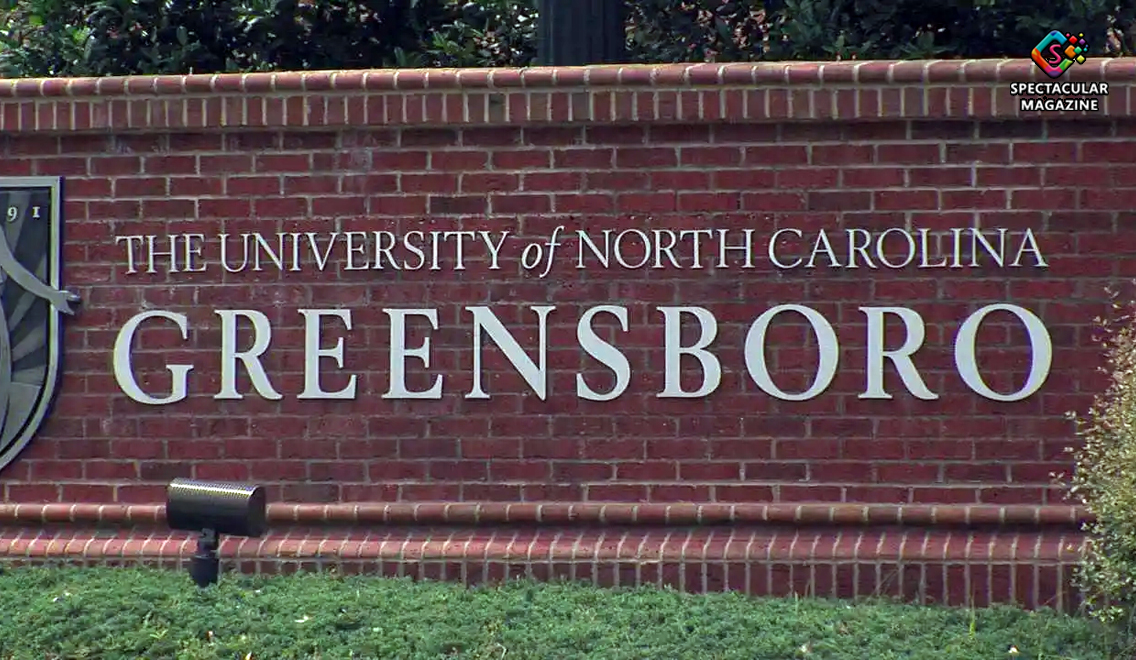UNC-G University Libraries Receive State Grants To Preserve African American History
GREENSBORO, N.C. — University of North Carolina Greensboro University Libraries received more than $200,000 in grants from the State Library of North Carolina to help preserve African American history.
The grants are for projects that promote community engagement, provide equitable access, or support responsive organizations, according to UNCG officials.
The Digital Library on American Slavery was awarded $113,442 to expand its “People Not Property – Slave Deeds” effort, a centralized database of encompassing names of enslaved people in the state and across the South.
“People Not Property – Slave Deeds” is a collaborative effort with the North Carolina Division of Archives and Records, registers of deeds across North Carolina, the Afro-American Historical and Genealogical Society, and other cultural heritage organizations. The database contains more than 13,000 documents with materials from 17 different North Carolina counties.
“This funding from the State Library of North Carolina will be invaluable to expand this important work into at least three additional N.C. counties,” said Richard Cox, the project director for the Digital Library on American Slavery, “surfacing the names and information of thousands more enslaved people from across the state and building upon the 90,000 people already present within the ‘People Not Property’ project.”
Another UNCG University Libraries project – “March for Justice: Documenting the Greensboro Massacre” – was awarded $92,535.
The project will provide digital access to information related to the 1979 Greensboro Massacre, an event in which five protestors were murdered by the Ku Klux Klan and neo-Nazis.
The collections span roughly 48 years, from 1973 to 2021, and document events, actions, and persons connected with the Greensboro Massacre and the short and long-term consequences.
“This project grant from the State Library of North Carolina will enable UNCG and Bennett College to collaborate on digitization of thousands of records relating to the 1979 Greensboro Massacre and the subsequent work of the Greensboro Truth and Reconciliation Commission,” says David Gwynn, digitation coordinator and associate professor for University Libraries.
He added that the project will make much of this material available to the public for the first time.


